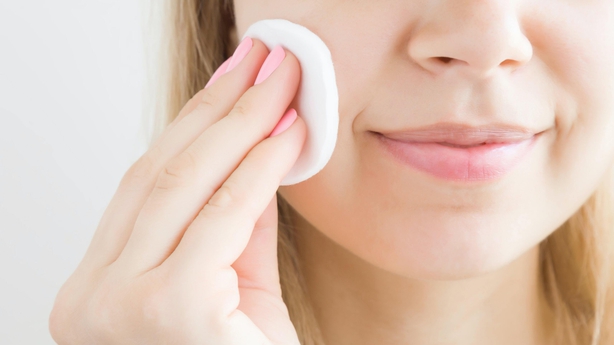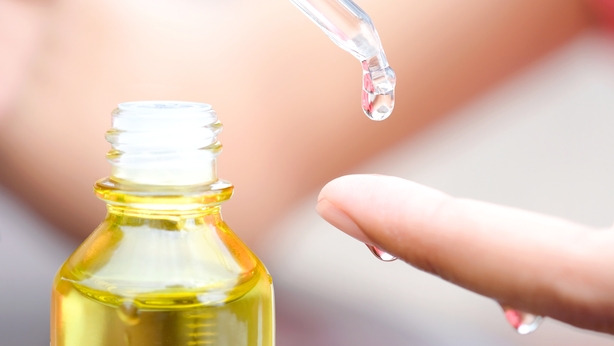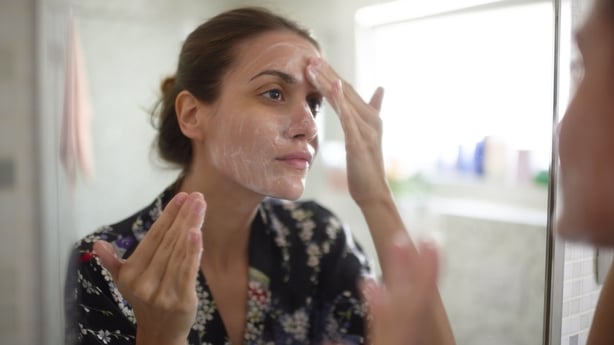As we head into a new season, it's important to check your skincare regime and update it with the change of weather. Here’s an insight into the most commonly asked questions about skincare, courtesy of Jennifer Rock, from her new book The Skin Nerd Philosophy.
These queries and concerns, which are likely to echo yours, provide a great insight into the gaps in knowledge around skincare.
Should I change my skincare products regularly?
Let’s keep this one short and sweet: if it’s working for you, nope. No need. As long as you’re getting a great combination of nourishing, hydrating, protecting and hard-working ingredients onto your skin, you can stick to the same routine until your skin requirements change.
If your skincare isn’t getting the results you crave anymore, then you can add something in or swap it to up the ante. And to be clear, 'working’ doesn’t mean ‘lack of negative reaction’ – we can set the bar a little higher than that. We wish and aim to work towards healthier, brighter, noticeable differences.
All routines can benefit from fine-tuned tweaking – increasing antioxidants at times of stress, or upping ceramide levels when the skin is dehydrated – but in essence, the core ingredients (vitamins, peptides, hyaluronic acid, antioxidants, SPF and, if applicable, exfoliating acids) are needed.

My skin’s in good condition but a little bit dry. What can I do to help?
I understand ‘good condition’ to mean normal pore size, normal oil production, even skin tone, lines and wrinkles that you feel fit the age you are. I’m also assuming you’re using a solid skincare routine as outlined. If you’re fairly healthy on the outside, take a look at the inside.
Do you eat enough good fats through your diet or supplements to support your skin’s barrier? An omega supplement or, for a plant-based diet, a flax supplement may be just the thing you need to keep your skin locking in moisture.
Topically, make sure you’re getting an abundance of different types of hydrating ingredients through different parts of your routine: humectants (such as hyaluronic acid) draw in moisture, emollients (like shea butter and fatty acids) soften and hydrate the upper layers, and occlusives (like squalane and shea butter) lock in moisture.
A lot of products and ingredients are both of the last two types. For example, silicones are usually both emollient and occlusive. If you’re genetically dry, it’s usually down to you not making enough sebum (oil), so using a facial oil will help, too.

How long will it take to see results from my skincare routine?
The average skin cycle – the process in which new skin cells are made and dead skin cells are shed from the skin – is 28 days. But note that this varies depending on skin ageing, health and other factors, which means it could range between 25 and 34 days.
Usually, hydration is visible instantly, textural differences show within 3 days, and true long-lasting results take 28 days or more. That’s not to say that your skin will be exactly where you want it after 28 days, but there will be a measurable difference versus the progress picture you took on day one.
When it comes to internal changes, some skincare supplements say 16 weeks or longer, because they rely on the maintained amount of a specific nutrient being in your system. Always follow trial expectations. However, in my experience, essential fatty acids, such as omegas, have an impact within a week as they are assisting hydration.

Where should I spend the most money in my routine?
Your serums usually do a lot of the heavy-lifting, so this is where I’d allocate the guts of a budget. Serums tend to be pricier than cleansers or basic moisturisers, for example, because they manage to combine great potent ingredients, effective delivery methods and copious benefits in one; this combination truly tackles skin concerns. But if you are budgeting, choose affordable on everything else and invest in a good, multi-tasking serum as they have a smaller molecule size for better absorption of actives.
SPF is vital for skin health so in terms of priorities of what to spend on, it’s just as important as serums. To summarise, a cleanser, a potent antioxidant-based serum and an SPF will set the correct foundation for a regime and for results within the skin.
The Skin Nerd Philosophy: Your Expert Guide to Skin Health by Jennifer Rock is published in Hardback by Hachette Ireland, €17.99


